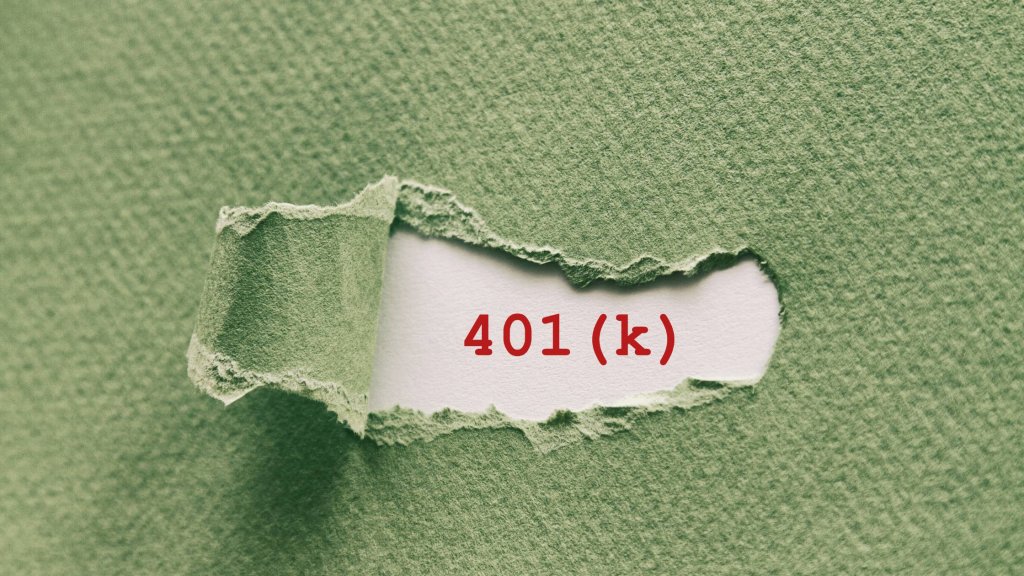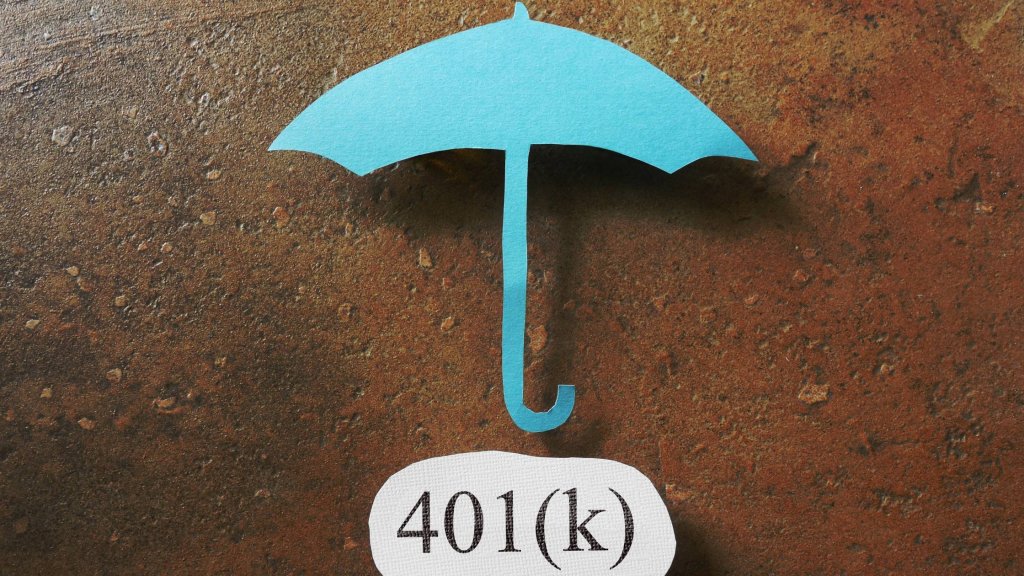VIEW BY TOPIC
- Finding Customers
- Business Systems
- Managing Employees
- Leadership
- Managing Money
Related Posts

Ready to Grow Your Business Fast?
Here’s How I Grew Five Businesses, and Eventually Sold One to a Fortune 500 Company.

What Is a 401(k) and How Does It Work?
In this resource, we will explain what a 401(k) plan is, how it works and how to navigate it the best ways possible.
You’ll get valuable insights on setting contribution limits without feeling squeezed each month.
Let’s jump in.
Understanding 401(k) Retirement Plans
If you’re an employee, chances are your employer’s plan for retirement savings comes in the form of a 401(k). Named after its section in the Internal Revenue Code, this powerful tool can help set up a cozy nest egg for your golden years.
The Basics of a 401(k) Plan
What is a 401k? It is more than just some jargon from the IRS tax code; it’s like a personal account where you stash money away every month until retirement rolls around.

Every dollar you contribute reduces your taxable income by that same amount.
This reduction happens because contributions to traditional 401(k)s are made pre-tax.
That means they come out of your paycheck before taxes get deducted, hence why they lower your taxable income.
A lot of companies offer their staff an added benefit in their work package, which is known as an employee match’. This means your company will match whatever monthly contributions you are making, and pay that into your 401(k).
However, all employers are different and their benefits may vary. Not every company offers an exact match contribution, it’s worth confirming these details with HR.
Pre-tax Contributions and Taxable Income
You might be thinking: “What if I want my money now?” Just remember that instant gratification often comes with strings attached.
By withdrawing early, you will not only have to cough up ordinary income tax but also potentially face additional penalties.
The Benefits of Roth 401(k) Plans
When it comes to retirement savings, a Roth 401(k) offers several advantages that might just make your golden years a bit more glittery. One major perk is the chance to contribute after-tax dollars today and enjoy tax-free withdrawals in retirement.
 https://calendly.com/smallbusinessgrowth/30min
https://calendly.com/smallbusinessgrowth/30min
Roth Contributions and Income Tax Implications
A standout feature of the Roth 401(k) is its unique relationship with income taxes. With traditional 401(k)s, contributions are eligible for tax deductions, while withdrawals in retirement are subject to taxation.
But for those willing to play the long game, Roth plans flip this script by taxing contributions up front while offering tax-free withdrawal benefits down the line.
This can be particularly beneficial if you anticipate being in a higher tax bracket during your retirement years than you are now because paying income taxes upfront at your current lower rate could save you money over time.
Another factor to consider is that the option of Roth contributions isn’t universally available.
Not all employers offer it as part of their benefits package.
So if you’re eyeing up a Roth 401(k), check in with your plan sponsor, administrator, or HR department to see if they’re on board.
Alternatives to Employer-Sponsored Retirement Plans
If you don’t have access to a 401(k) due to self-employment or lack of employer support, there are still other retirement savings options available.
Other choices exist for you to select from.
An IRA is an excellent option for those without access to a 401(k), offering similar retirement savings opportunities.
IRA vs 401(k): A Comparison
An IRA is similar to a 401(k), but there are some key differences. While both types of plans let money grow tax-free until withdrawal, IRAs often have lower contribution limits compared to most 401(k)s. But they make up for this by offering more investment options.
In contrast, small business owners and those who work freelance might prefer Simplified Employee Pension (SEP) IRAs or Savings Incentive Match Plan for Employees (SIMPLE) IRAs because these allow higher contributions than traditional or Roth IRAs.
A Closer Look at Individual Retirement Accounts (IRAs)
Let’s start with the basics. There are two main types of IRAs: Traditional and Roth. The key difference lies in when you get your tax break.
In a traditional IRA, contributions may be tax-deductible, giving you an immediate tax benefit. However, withdrawals during retirement will be taxed as ordinary income.
With Roth IRAs, it’s a different ballgame; you don’t get any instant tax breaks.
Enrolling in a 401(k) Plan
If you’re ready to start stashing away cash for your future, enrolling in a 401(k) plan is an excellent first step. This process can be surprisingly simple and doesn’t require any special financial wizardry. Let’s break it down.
Talking To A Financial Advisor

The decision about how much money saved from each paycheck should go towards a retirement fund isn’t always straightforward.
While everyone’s situation differs depending on things like risk tolerance level or defined contribution plans offered by their employers – getting some professional guidance can help make this decision easier.
Speaking with a financial advisor or broker about your specific needs and goals might give you more confidence in your plan.
An advisor can provide valuable insight, but ultimately the decisions are yours.
Although advisors are there to help guide you, ultimately it is your responsibility to make the final decisions. Be sure to conduct thorough research before making your decisions.
In Summary
- You learned how pre-tax contributions can lower taxable income. Roth 401(k)s got a spotlight too, showing their power for tax-free withdrawals in retirement.
- We uncovered the golden opportunity of employer matching contributions. This is one path to making your retirement savings grow even faster!
- Remember that IRAs are there for self-employed folks or those without access to a company-sponsored plan.
- Your treasure chest of knowledge about 401(k) plans is fuller than ever before.
Go forth confidently, knowing you have the tools at hand to secure your golden years!













